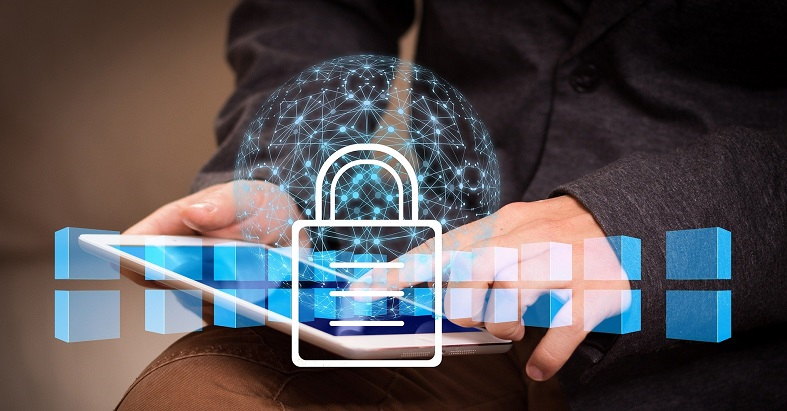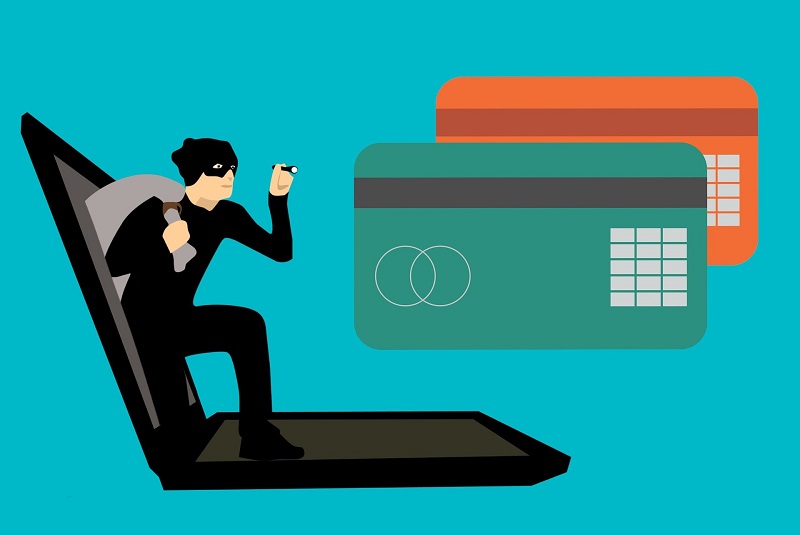It is naive to assume that your personal information is safe and secure online. Unfortunately, too many people neglect their privacy until it is too late. Many individuals and businesses are subject to cyber-attacks in the form of online scams and fraudulent practices.

Avoid dealing with some irremediable implications and costly financial issues caused by cybercriminals by implementing some preventative measures.
Read on to learn valuable reasons why you should protect yourself online.
1. Prevent Identity Theft
With the ever-growing internet platforms, unfortunately, it’s easier for identity theft to occur. If an individual can gain access to your personal data, they can pose as you online, collect your login details for websites you have used, and even commit tax fraud among other cybercrimes. Recovering from identity theft can be a long process, which is why prevention is key in these situations.
The implications of having your identity stolen online can have long-running and unpleasant repercussions on your reputation online and your digital privacy. Preventative methods include installing virus protection software, using strong passwords, or 2-factor authentication.
Only fill out required fields when making a profile to use a service, protect yourself from email and phishing scams that attempt to retrieve your personal account details, be cautious of online accounts and sites that seem disingenuous or sketchy, particularly if they are asking for personal information, and lastly, never email credit card details and only use reputable payment methods such as credit card payment on a secure site.
2. Maintain Your Business’ Reputation
Cyber-attacks affect many businesses, putting their reputation at risk, and losing the trust of consumers and clients. The consequences of these attacks are costly and cause immense disruption to your business. Since these attacks prove your inability to protect consumers’ personal data, you must maintain your business’ reputation by thoroughly protecting your data privacy through preventative measures.
Safeguard your business from cyber-attacks by creating strong passphrases for all your online business accounts and only senior management should have access to these passphrases. Implement privacy protection practices through a cybersecurity awareness program and ensure that virus protection is installed and up to date.
Luckily, there are efficient ways to build trust in your defenses when it comes to protecting your digital assets with affordable world-class security consultancy services. These advanced penetration services were designed to help businesses assess and strengthen their IT security stance. It is paramount that all network computers have the tools to protect your business files and information as well as customer and employee databases.
3. Safeguard Your Employability
Taking preventative measures to secure your digital privacy will aid in safeguarding your employability. Almost all employers do background checks on potential employees in this digital age and they investigate all your online platforms such as your social media profiles and available public record data. This can sabotage your future job prospects and have a negative influence on your reputation from here on out.
Safeguard your employability by avoiding sharing content that might be deemed controversial and could eliminate you from the hiring process. It could also include religious or political views as well as the criticism of your current occupation – and consider correcting any inaccurate or misleading information in your employment background check.
4. Fortify Your Financial Information
It is paramount that you protect your financial information to avoid scam artists and other financial crimes. Cybercriminals are likely to make unauthorized purchases, transfers, and withdrawals if they get a hold of your banking details.

To ensure your finances are safeguarded, avoid sharing any banking information with others, use 2-factor authentication to protect your accounts, try to use your credit card number rather than entering a bank account number, a credit card payment has fraud protection.
Criminals have been known to compromise ATMs by using a skimmer which is a device that captures credit card information, so be sure to examine ATMs and gas pumps before inserting your card. Moreover, use strong passwords on accounts, avoid online banking from unknown networks and wait until you are home with your protected network, never save your payment details online, and only make a purchase from sites that are secured or verified.
The aforementioned reasons explain exactly why it is paramount to protect your online privacy and information. Other considerations such as being able to defend yourself in legal proceedings or to keep your insurance as your personal data can be examined to make a case against you. Invariably, it is vital to protect yourself from any threat to your security and privacy, and neglecting to do so will only result in costly repercussions and possibly permanent damage to your online reputation.



















